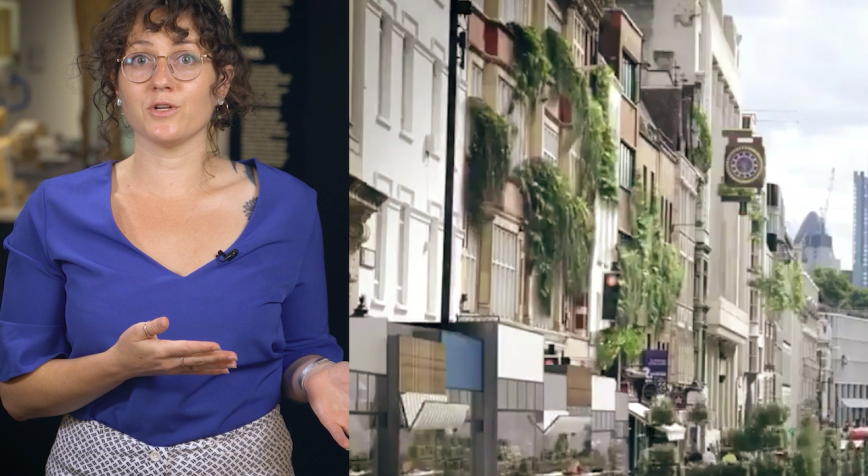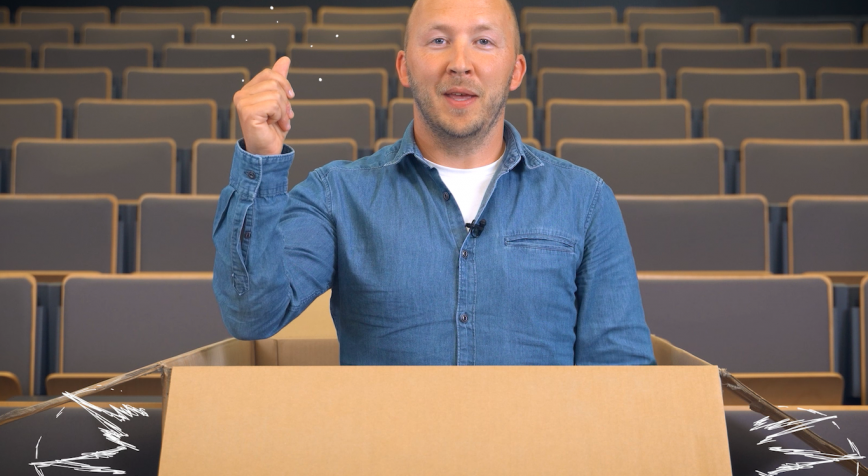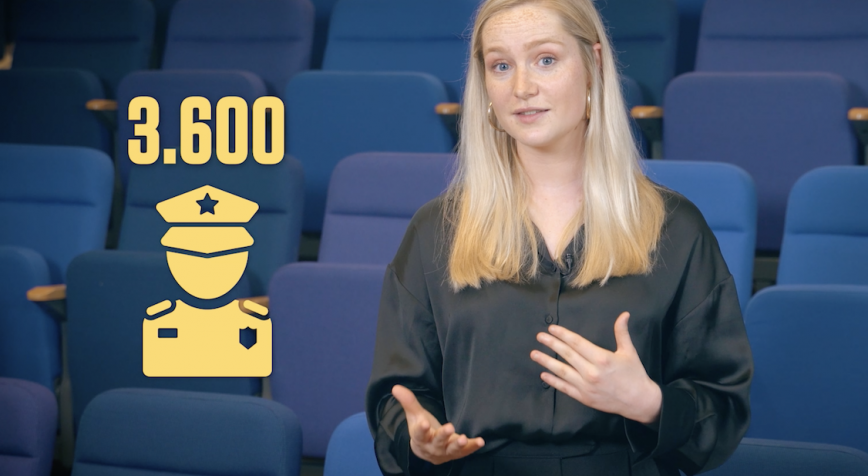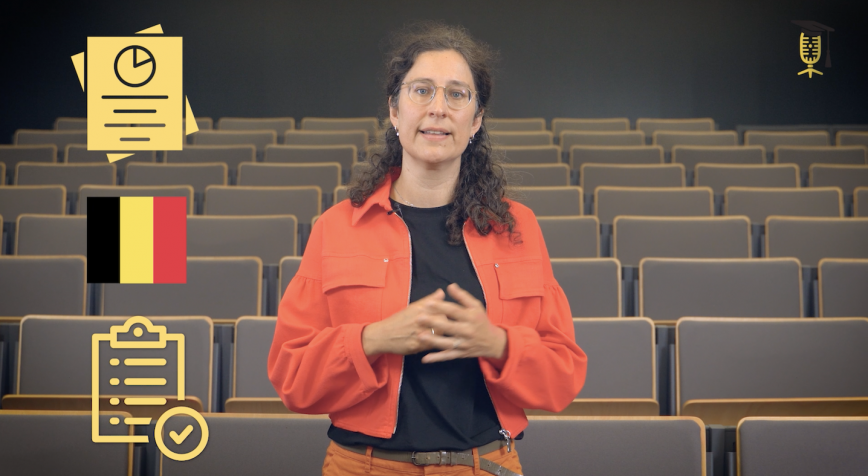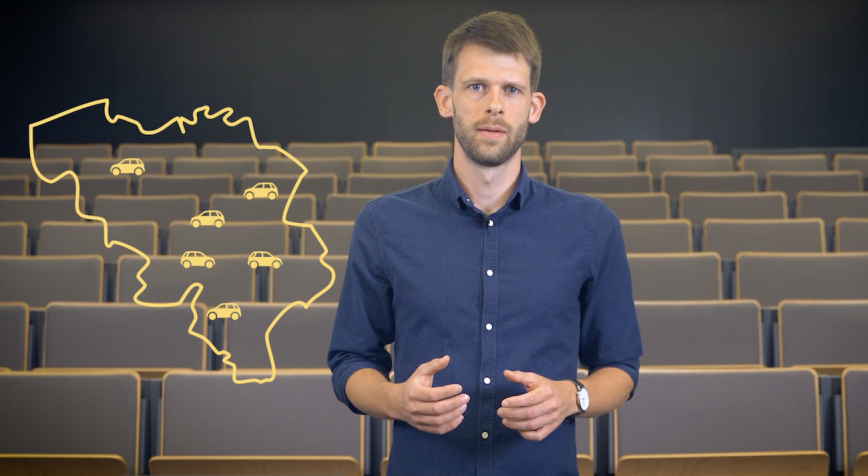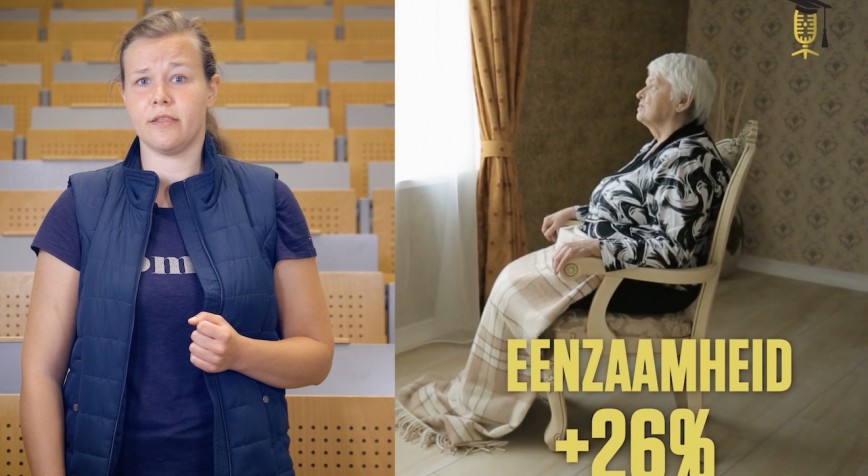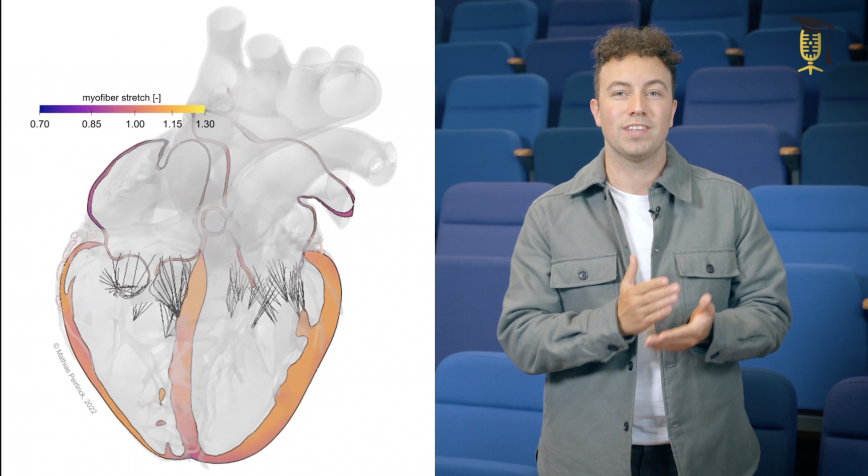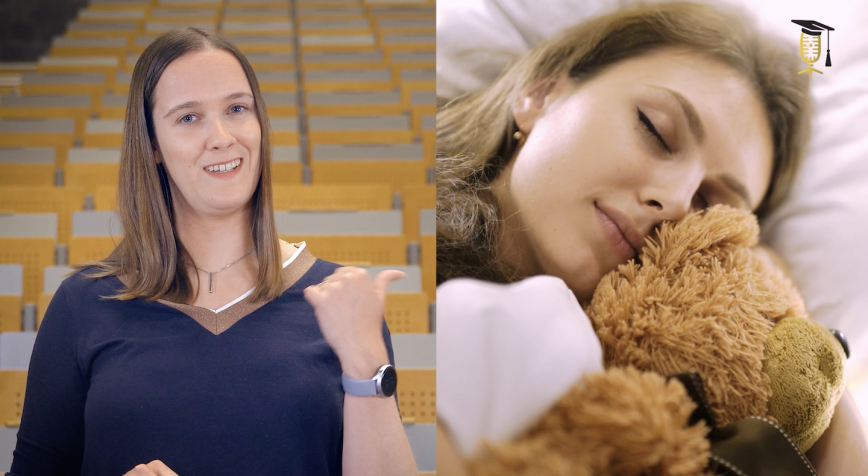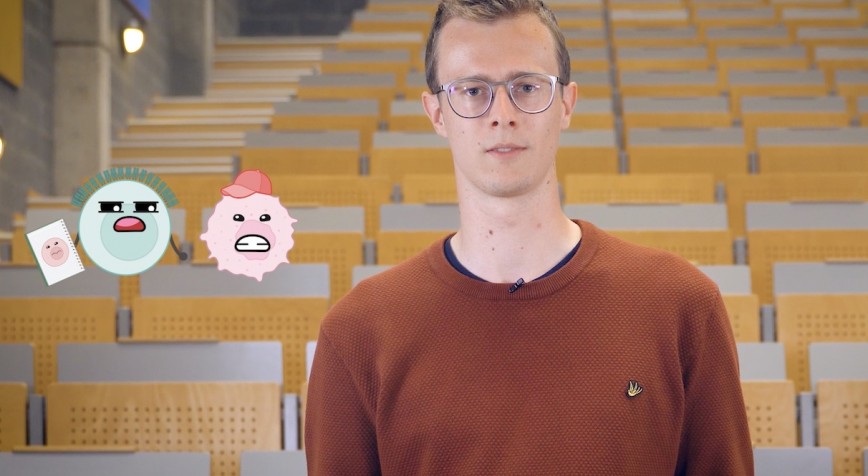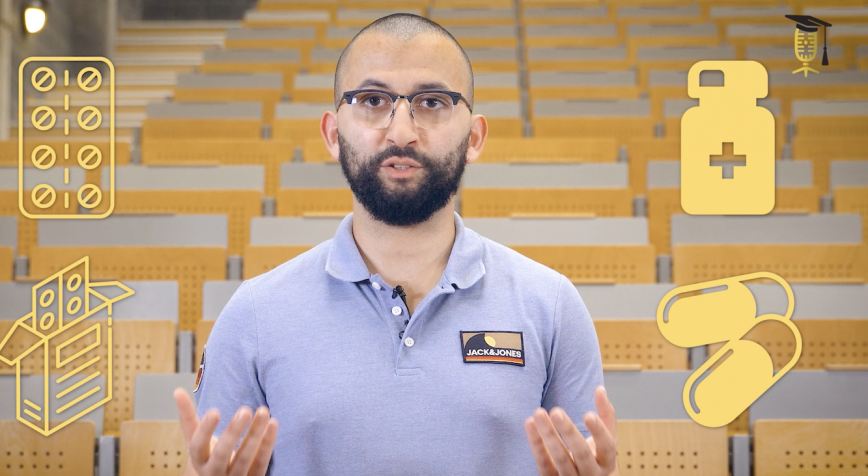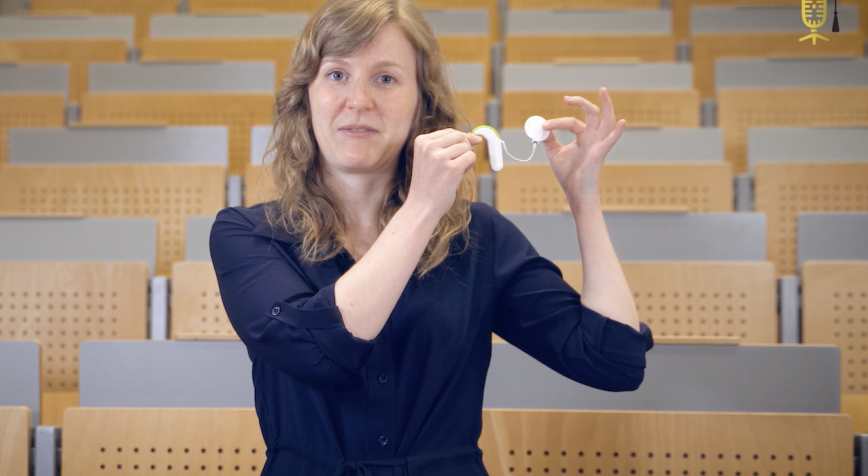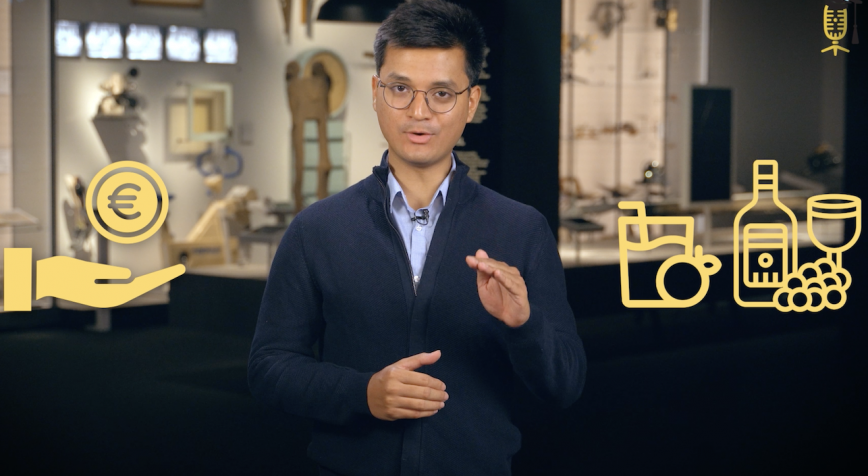
FWO
UGent
VITO
Next-gen membranes for beverage production
Do you drink juice in the morning or enjoy a glass of wine to relax after a busy day? Did you know that in order to preserve its flavor and prevent bacterial growth, your favorite beverage has to go through several stages of processing? One is the filtration process, a very expensive production stage. To ensure you can enjoy your favorite drink at a low(er) price, Rishav Phukan is developing next-generation membranes, which will help the industry cut costs and produce in a more eco-friendly way.
